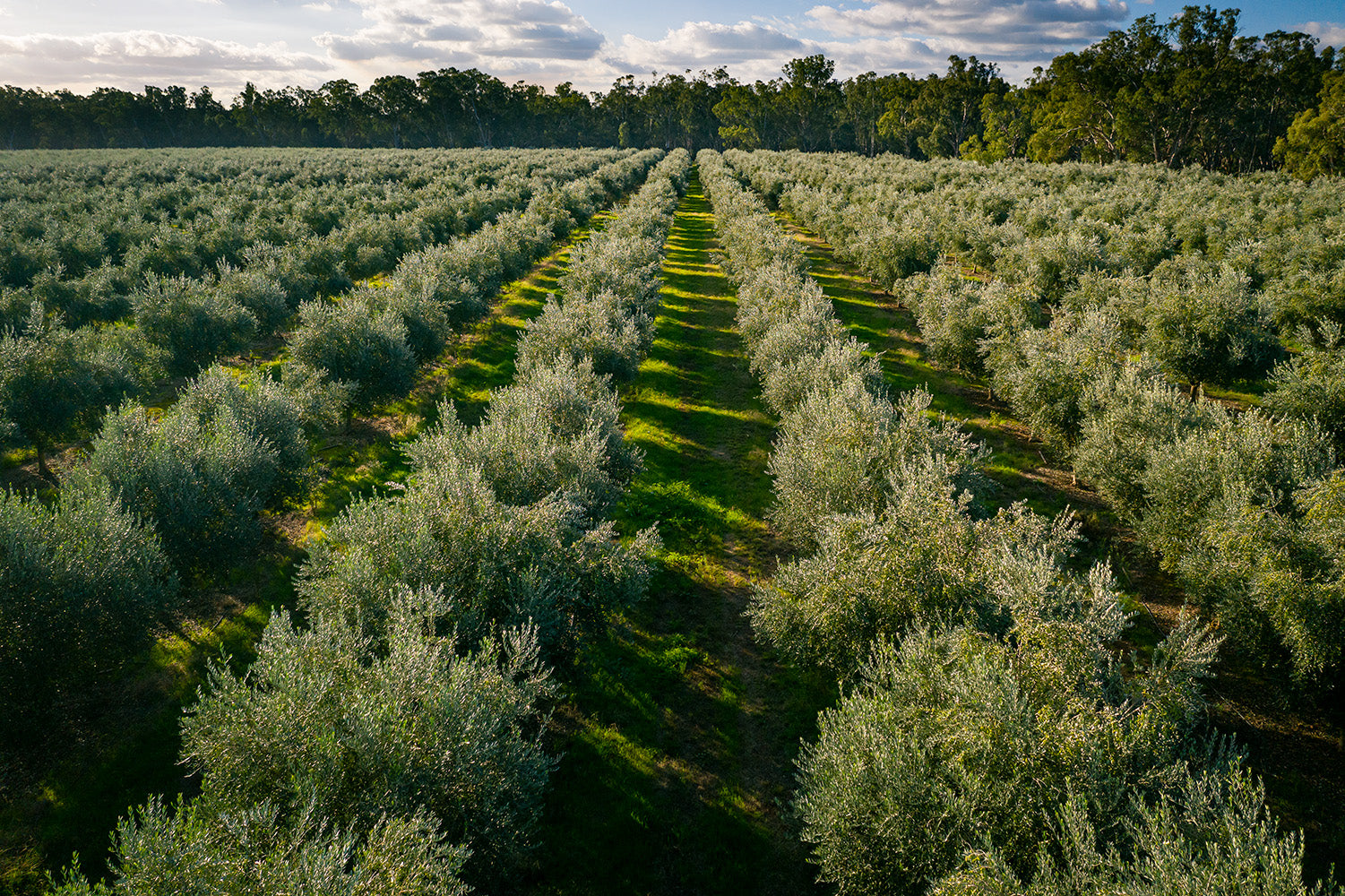Olive oil, a staple in many kitchens around the world, has a rich history and numerous benefits. However, it is also surrounded by a number of myths and misconceptions. In this post, we will debunk some of the most common myths about olive oil and present scientific facts to educate and inform you.
Myth 1: All Olive Oils Are the Same
There are several types of olive oil, each with different qualities and uses. Extra virgin olive oil (EVOO) is the highest quality, made from pure, cold-pressed olives. It retains most of the olive’s nutrients and has a rich flavour. Virgin olive oil is also made from pure olives but with a slightly lower quality. Refined olive oil, on the other hand, is processed with chemicals and solvents to remove all flavour and colour and often blended with virgin oil to add back in colour and flavour. Understanding these differences can help you choose the right olive oil for your needs. We recommend only purchasing high quality extra virgin olive oils.
Myth 2: Olive Oil Should Not Be Used for Cooking
Contrary to popular belief, extra virgin olive oil, is suitable for cooking, but also is the safest and most suitable for cooking over other oils. While it has a lower smoke point than some other oils, it is still high enough (about 190-220°C) for most types of cooking, including sautéing and baking. Studies have shown that olive oil has the greatest stability of all the cooking oils when applying high-heat temperatures.*
Myth 3: Olive Oil Has a Short Shelf Life
While olive oil does have a shelf life, it can last up to two years if stored properly. Keep it in a cool, dark place, away from heat and light, which can cause it to lose its quality faster. Using a dark glass bottle or a tin can also help protect it from light. It's also essential to seal the bottle tightly after each use to prevent oxidation.
Myth 4: Olive Oil is Fattening and Unhealthy
Olive oil, like all fats, are calorie-dense, but it is also one of the healthiest oils you can consume. It is rich in monounsaturated fats, which are heart-healthy and can help reduce bad cholesterol levels. Olive oil is also packed with antioxidants and phenolic compounds. When used in moderation as part of a balanced diet, it can contribute to overall health and well-being.
Myth 5: Light Olive Oil is Lower in Calories
The term "light" in light olive oil refers to the flavour, not the calorie content. Light olive oil has been processed to have a milder taste and lighter colour, but it contains the same number of calories as any other olive oil. Do yourself a favour and stay well clear of it!
Conclusion
Understanding the facts about olive oil can help you make better choices in the kitchen and appreciate the benefits of this ancient pantry staple. Whether you’re drizzling it over a fresh salad or using it to sauté vegetables, olive oil is and should be a healthy addition to your diet. By debunking these common myths, we hope to enhance your knowledge and enjoyment of olive oil.
References: https://olivewellnessinstitute.org/article/new-research-proves-that-evoo-is-the-safest-and-most-stable-oil-to-cook-with/


